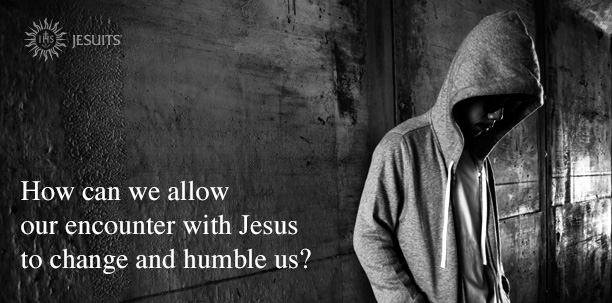Luke 11:29-32
When the crowds were increasing, Jesus began to say, “This generation is an evil generation; it asks for a sign, but no sign will be given to it except the sign of Jonah. For just as Jonah became a sign to the people of Nineveh, so the Son of Man will be to this generation. The queen of the South will rise at the judgment with the people of this generation and condemn them, because she came from the ends of the earth to listen to the wisdom of Solomon, and see, something greater than Solomon is here! The people of Nineveh will rise up at the judgment with this generation and condemn it, because they repented at the proclamation of Jonah, and see, something greater than Jonah is here!”
New Revised Standard Version, copyright 1989, by the National Council of the Churches of Christ in the United States of America. Used by permission. All rights reserved. USCCB approved.
Greater than Jonah
Jesus is greater than Jonah. Jesus is greater than Solomon. The crowd asks for a sign while standing in front of the Sign. The irony is sharp. Jonah preached reluctantly and briefly, and Nineveh repented. Solomon offered wisdom, and the Queen of the South traveled far to hear it. But here in front of them is one infinitely greater, and they hesitate.
Today we are reminded not to seek proofs of his power, but to share in the transformation it brings. The master potter shapes and molds our lives into his image. The true sign is the changed heart, the renewed mind, and the life turned towards God.
We are still in the early days of Lent. Our plans for prayer, fasting, and almsgiving are still being formed. What we are looking for is not hidden in some future sign. The one greater than Jonah, greater than Solomon, is already here. And now — this moment — is where conversion happens.
—Jim Bozik is a permanent deacon and Associate for Pastoral Ministry at St. Peter Catholic Church, the Jesuit church in the Diocese of Charlotte, NC.
Prayer
Change my heart, oh God
Make it ever true
Change my heart, oh God
May I be like You
You are the potter
I am the clay
Mold me and make me
This is what I pray
Change my heart, oh God
Make it ever true
Change my heart, oh God
May I be like You
—Lyrics from Eddie Espinosa, “Change My Heart, O God”
Pray with the Pope
Pray with the monthly prayer intentions of the pope.

